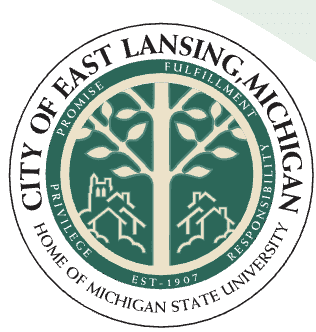By Liz Kudwa
A: When businesses in just about every other sector seem to be suffering, the federal government is poised to start spending billions of dollars to stimulate the economy. So you are smart to investigate doing business with the government. Here are a couple of facts about how the federal government works with small business: 1.) the law requires that government purchases worth $3,000 to $10,000 be directed to small businesses and 2.) the government sets a goal that 23% of all contracts go to small businesses. This may sound like quite a boon, but beware! Contractors must adhere to rigorous standards for wages and safety, solicitations often are many, many pages long and the using the Web is key to doing business with the government. Contracts with the government can be lucrative but patience and persistence are critical to navigating the bidding process. An article from Inc. Magazine, “Become a Government Contractor”, offers some suggestions to help you sell more easily to the Feds.
Meet Your Market
Find out which federal agencies buy your product and how they will purchase it. If your product or service is something the government routinely buys, it will probably appear in a GSA (General Services Administration) Schedule. For less common products, check out the Federal Procurement Data System (www.fpds.gov). This site offers detailed information on most of the government’s past purchases. Each government agency also produces procurement forecasts with contact information included.
Visit www.FedBizOpps.gov to see an exhaustive listing of solicitations. You should also enroll in Central Contractor Registration (www.ccr.gov). Enrollment is required for doing business with the government and this database is routinely searched to help fulfill contracts that are under $100,000. Don’t ignore optional fields for product categories and past performance references when filling out your registration because this will make it easier for buyers to find you.
Finding Opportunities
All contracts worth more than $25,000 are published on www.FedBizOpps.gov. According to the Inc. Magazine article approximately 45,000 solicitations appeared on the site in 2008. As I mentioned, widely used products and services will probably be listed in a GSA Schedule. The government negotiates low prices with a variety of sellers for a period of typically five years with options to renew. You can also apply to become a scheduled vendor by responding to the Schedule’s standing solicitation. Usually the government requires terms that would be comparable to your best commercial terms and this will have to be documented. As part of your solicitation you will have to undergo a past performance evaluation of your commercial sales, as conducted by www.openratings.com. If your offer is accepted and you get listed on a schedule, that still doesn’t guarantee a purchase. Businesses have to market themselves to the government just as they would to regular prospective clients.
Placing Your Bid
Bid solicitations from the government can easily be 100 pages. Read very carefully and make sure you’re following all of the rules, which the government takes seriously. Make sure you understand all the terms of the proposed contract. Most will be stated in the actual solicitation but some come from other sources, like the Federal Acquisition Regulation, a set of rules that govern federal procurement.
If your offer is not accepted, ask for a debriefing from the contracting agency. Debriefings are granted most of the time and they will tell you why you weren’t chosen.
There also are some local resources that may be helpful in the area of government contracts. The Capital Area District Library has one book in particular that you might find helpful entitled Win Government Contracts: For Your Small Business by John Digiacomo.
The Lansing Regional Chamber of Commerce also is home to a Procurement Technical Assistance Center (PTAC). The PTAC is a nonprofit organization funded by the Defense Logistics Agency, the Michigan Economic Development Corporation and local funding partners. The PTAC’s mission is to assist Michigan businesses in obtaining and performing on federal, state and local government contracts. The local office provides such services as orientation to the procurement system, linking local companies to federal and state government agencies, training seminars, contracting opportunities, bid package assistance and much more. You can reach them by contacting the Chamber at 517-487-6340.
Elizabeth Kudwa is the Business Reference Librarian at the Capital Area District Library located at 401 S. Capitol Avenue in Lansing, MI. Contact her at 517-367-6301 or by e-mail at kudwae@cadl.org.



